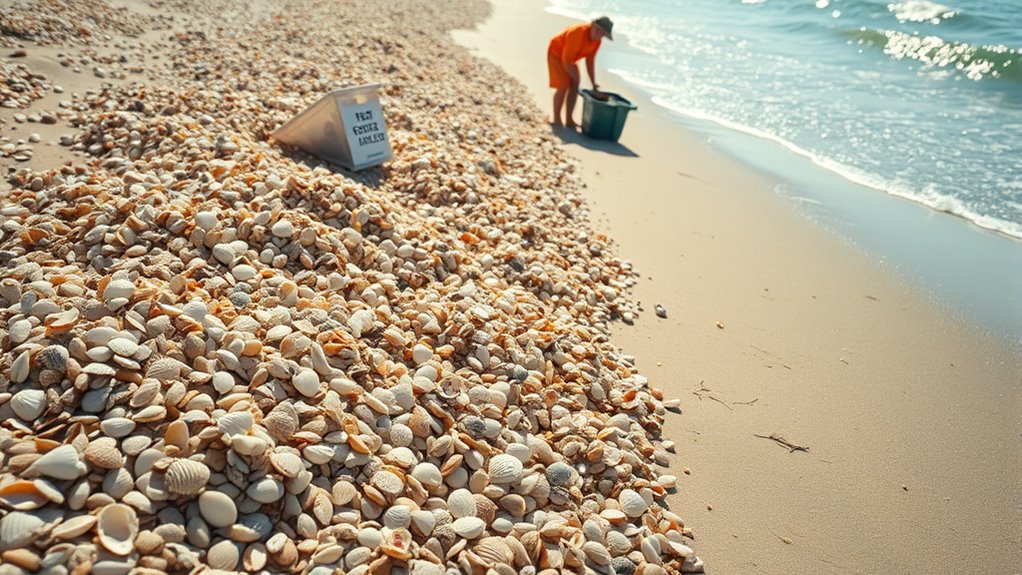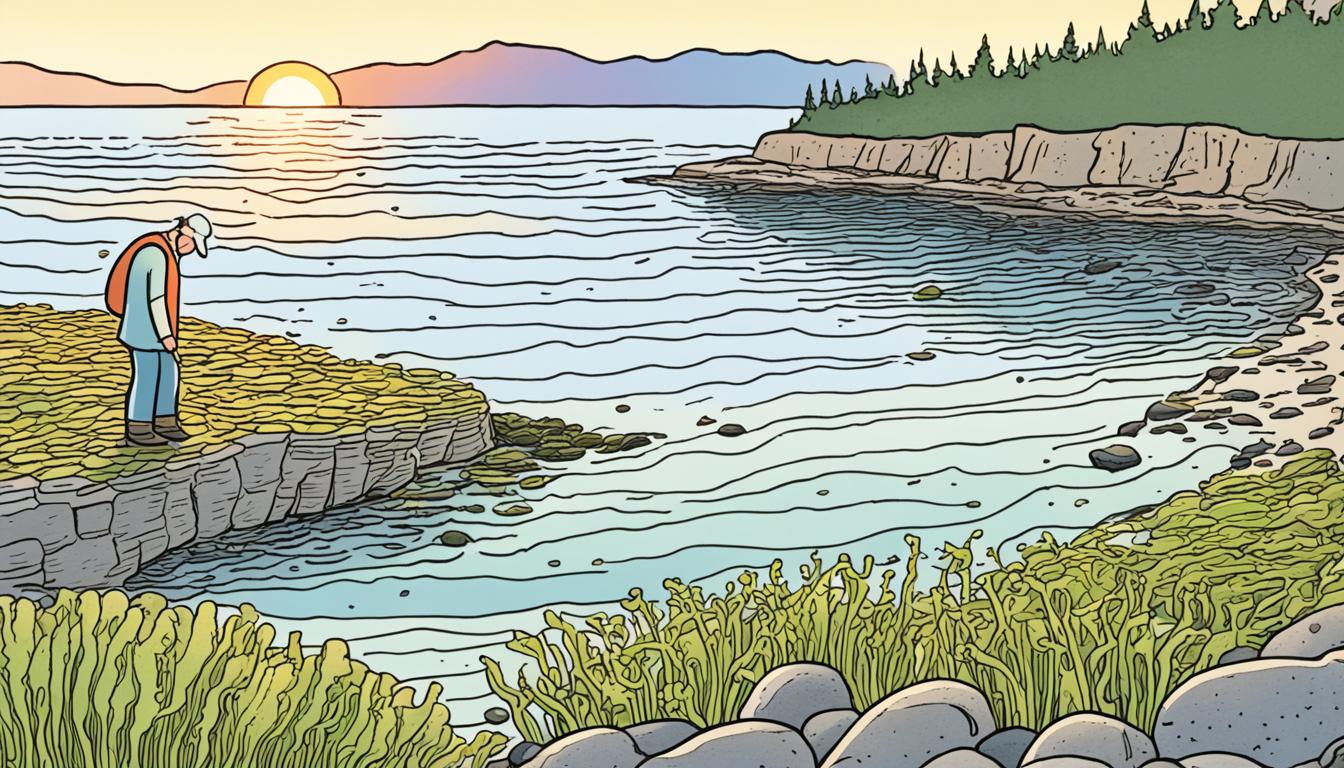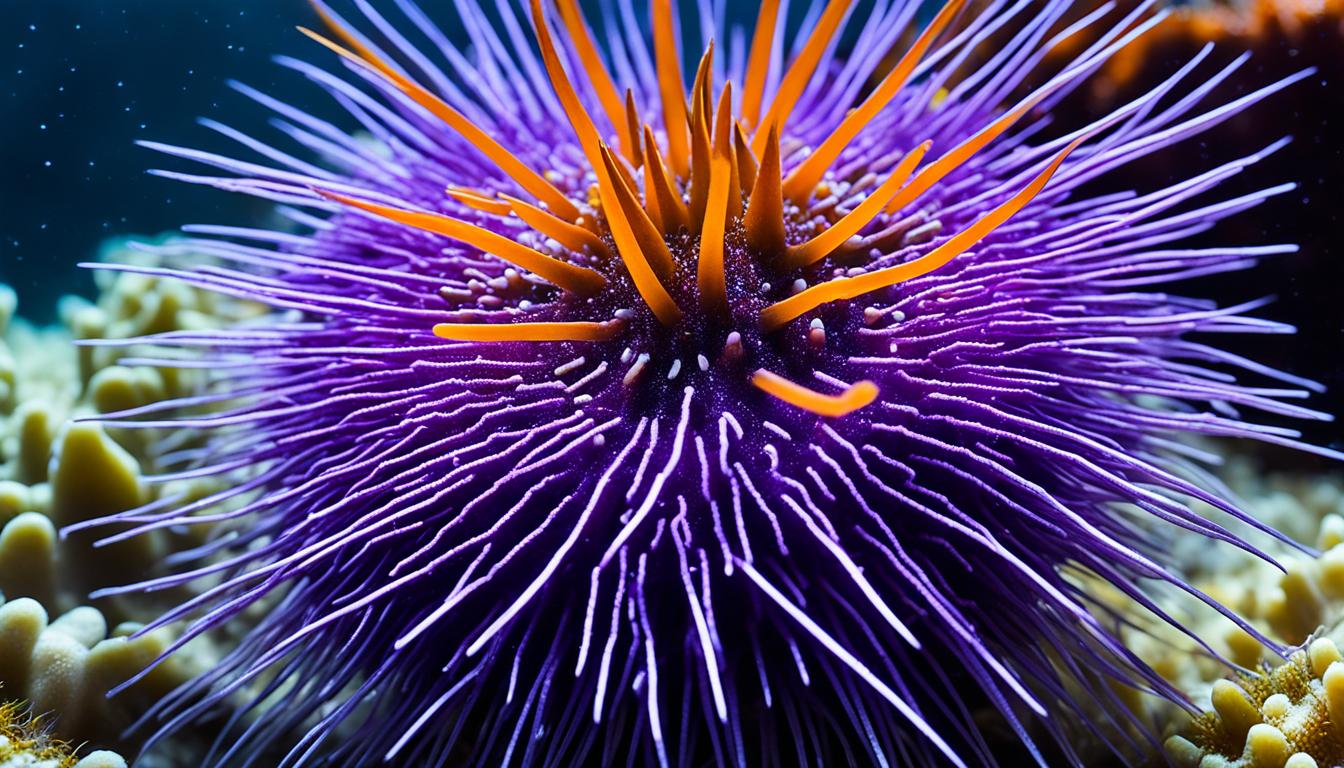To keep beaches clean and protect marine life, you should dispose of shells responsibly by collecting them without disturbing natural habitats and avoiding scattering them on the sand or in the water. Consider recycling or repurposing shells when possible, and use designated disposal areas or recycling bins. Your actions help prevent pollution and preserve the natural beauty of the coastline. If you want to learn more about responsible shell disposal and its benefits, keep exploring how you can make a positive difference.
Key Takeaways
- Properly dispose of shells in designated bins to prevent environmental pollution.
- Avoid scattering shells on the sand to reduce microplastic pollution and harm to marine life.
- Reuse shells creatively or return them to natural habitats when possible to promote sustainability.
- Visitors should lead by example, encouraging others to practice responsible shell disposal.
- Responsible disposal helps maintain beach cleanliness, preserves natural beauty, and protects marine ecosystems.

Shell disposal plays a crucial role in maintaining beach cleanliness, yet many visitors overlook its impact. When you visit the coast, it’s tempting to gather shells as souvenirs or leave them behind without much thought. However, how you handle those shells can substantially influence the health of the beach environment. Proper shell recycling involves collecting shells responsibly and disposing of them thoughtfully, helping to reduce beach pollution and protect local ecosystems. Instead of simply discarding shells as waste, consider whether they can be reused or repurposed. Some beaches encourage visitors to leave shells where they found them to preserve natural habitats, while others offer designated areas for shell recycling. By doing so, you help minimize the amount of debris that accumulates on the shoreline and prevent shells from becoming part of beach pollution, which can harm wildlife and spoil the scenic beauty of the area.
When shells are carelessly discarded, they contribute to the growing problem of beach pollution. Non-biodegradable shells can clutter the sand, making the beach less appealing for visitors and local residents alike. furthermore, shells left lying around can break down into tiny fragments, polluting the sand and water. These micro-shell particles can be ingested by marine creatures, disrupting food chains and damaging marine biodiversity. Your responsibility as a beachgoer includes being mindful of how you dispose of shells: avoid throwing them into the water or leaving them scattered across the sand. Instead, consider recycling shells when possible or taking them home if permitted, ensuring they don’t add to the mess or harm wildlife. Proper waste management practices can significantly improve the sustainability of beach environments.
Additionally, being conscious about shell disposal encourages others to follow suit. When you actively participate in responsible shell recycling, you set a positive example for fellow visitors. This collective effort can lead to cleaner beaches, healthier marine life, and a more sustainable environment. Remember, every small action counts—whether it’s choosing to leave shells in designated recycling bins or avoiding unnecessary removal altogether. Your mindful approach helps combat beach pollution and preserves the natural beauty of the coastline for future generations. Ultimately, taking responsibility for shell disposal isn’t just about keeping the beach tidy; it’s about respecting the delicate balance of nature and ensuring that everyone can enjoy the seaside in its pristine state. By making thoughtful choices, you contribute to a cleaner, healthier beach environment, protecting the ocean’s vitality and maintaining the scenic charm that draws so many visitors each year.
Frequently Asked Questions
How Can I Identify Eco-Friendly Shell Disposal Methods?
You can identify eco-friendly shell disposal methods by looking for biodegradable options that break down naturally without harming the environment. Choose shells made from sustainable materials or repurpose them creatively to avoid waste. Practice eco-conscious habits by avoiding plastic or synthetic shells, and always research disposal practices that support environmental health. By selecting biodegradable options and embracing eco-conscious practices, you guarantee your shell disposal contributes positively to the planet.
Are There Local Regulations for Shell Collection and Disposal?
Local regulations for shell collection and disposal guidelines aim to protect shell conservation efforts. You’ll want to check with your city or park authorities before collecting shells, because ignoring these rules can lead to hefty fines or worse, a shell-raising scandal. So, stay informed, follow the disposal guidelines, and respect the environment—because nothing says “I care” like keeping our beaches beautiful and shells intact!
What Alternative Uses Exist for Collected Shells?
You can repurpose collected shells through shell crafting, creating jewelry, ornaments, or decorative items that showcase natural beauty. They also serve well in educational projects, helping teach about marine life, ecosystems, and conservation. By using shells this way, you minimize waste and promote creativity. Just make sure to clean and sanitize them properly before crafting or sharing for educational purposes, ensuring they remain safe and environmentally friendly.
How Do Shells Affect Local Wildlife if Improperly Disposed?
Shells, if improperly disposed of, become a silent threat to your local wildlife. They can disrupt the marine ecosystem, acting like jagged weapons that harm animals or block essential habitats. Wildlife may ingest discarded shells, mistaking them for food, leading to injury or death. By neglecting proper disposal, you risk turning the beach into a dangerous playground, harming the delicate balance of your cherished wildlife habitats.
Can Shell Waste Be Recycled or Repurposed Sustainably?
Yes, shell waste can be recycled or repurposed sustainably. You can turn shells into biodegradable packaging or use them in art and craft projects, reducing waste and promoting eco-friendly practices. By repurposing shells this way, you help minimize environmental impact, support sustainability, and give new life to natural materials. So, next time you find shells, consider creative ways to reuse them instead of discarding.
Conclusion
By properly disposing of shells, you help protect marine life and keep beaches beautiful. By washing away debris, you conserve the shoreline’s natural beauty and prevent harm to wildlife. By taking responsibility, you create a cleaner, safer environment for everyone to enjoy. Your actions matter—your choices matter. Together, we can maintain pristine beaches, support vibrant ecosystems, and ensure that future generations experience the same breathtaking beauty that inspired us today.










